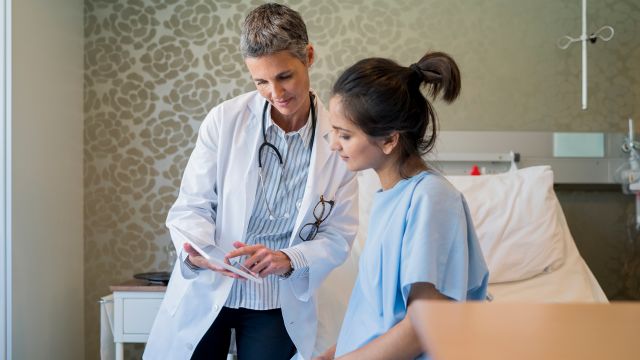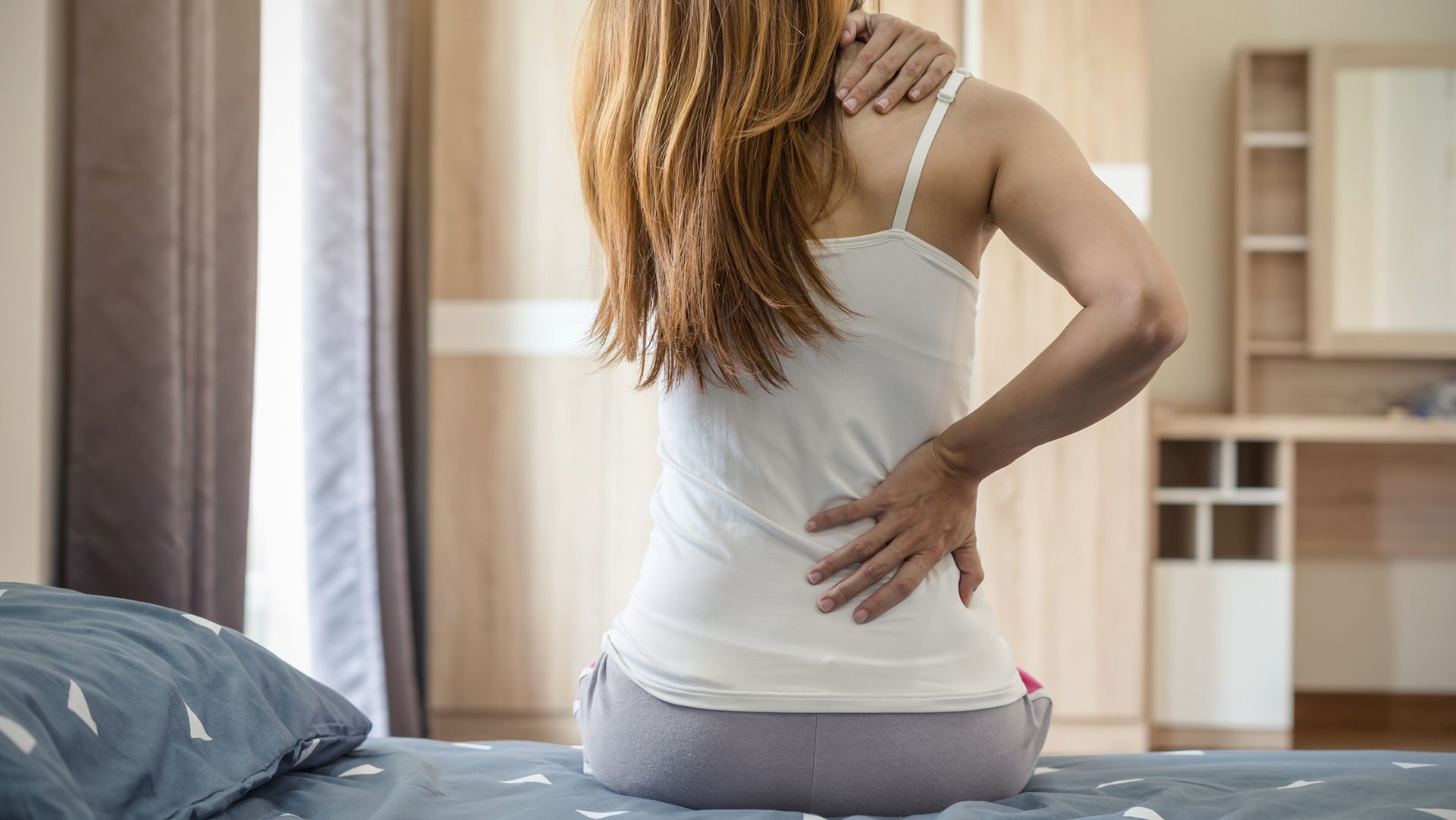Updated on March 20, 2025
One of the two main types of inflammatory bowel disease (IBD), ulcerative colitis (UC) is a chronic condition that is believed to affect more than 1 million people in the United States. The other main type of IBD is Crohn’s disease.
Differences between ulcerative colitis and Crohn’s disease
Both conditions cause inflammation and ulcers in the digestive tract.
- With UC, inflammation and ulcers occur in the rectum and colon, the end of your digestive tract.
- With Crohn’s disease, inflammation and sores can occur in any section of the digestive tract. The inflammation is not continuous and there are healthy sections of digestive tract, as well.
Each disease typically follows a cycle of remission and relapse, where symptoms disappear at times, and flare at others.
Symptoms of ulcerative colitis
Symptoms of UC can differ from person to person and vary in severity. Bloody diarrhea is a hallmark symptom. Other common symptoms include:
- Pain in the rectum
- Rectal bleeding and/or blood in stool
- Diarrhea and/or frequent but small bowel movements
- The urgent need to have a bowel movement
- Feeling like you need to have a bowel movement, but being unable to do so
- Abdominal pain and cramping, especially pain on the left side of the abdomen
- Weight loss
- Fatigue
Ulcerative colitis diagnosis
Many of the symptoms of UC can be caused by other conditions. Diagnosis is made by eliminating the other potential causes of the symptoms.
An evaluation for UC may include a physical exam, questions about symptoms, blood samples, and stool samples. It may also involve:
- A CT scan of the abdomen to look for signs of complications
- An endoscopic procedure, during which the inside of the GI tract is examined with a thin, flexible camera
- Biopsies of tissue in the GI tract.
Your healthcare provider will ask questions about your medical history and your family’s medical history, as well. Family history and genetics are risk factors for UC.
It’s important to get a diagnosis as soon as possible. People who begin treatment earlier tend to have better outcomes.
Ulcerative colitis treatment
There is no cure for UC, but there are therapies that can help reduce inflammation, ease symptoms, and help improve quality of life. Treatment may include:
- Medications. Drugs called aminosalicylates reduce inflammation in the lining of the intestine. Corticosteroids, immunosuppressant drugs, and biologic drugs can be used to treat colitis.
- Surgery. Surgery may be necessary if a person has unmanageable side effects from medication or develops a complication that requires surgery.
- Avoiding triggers. Triggers are things that cause symptoms to flare or worsen. People with UC should avoid triggers, which may include stress as well as certain foods. Keeping a food and symptoms journal can help you identify and track your triggers.
- Nutrition changes. UC can cause anemia, nutritional deficiencies, and malnutrition. Your healthcare provider may advise you to make changes to your diet to address these problems.
It is important to remember that there is no one best approach for UC. The disease affects everyone differently, and each person’s treatment plan will be a little bit different. Your best source of information about your health and treatment is your healthcare provider.






